Rwanda
Starting Monday 20th December, Commuter public buses began operating requiring passengers to and from Kigali to present vaccination certificates, as a new COVID 19 preventive guideline.
Despite the commuters not being fully prepared for these guidelines, they are happy with the government decisions and guidelines implemented.
"Personally I don’t feel like this is an inconvenience because I am very much concerned about my health, the gov’t creates these guidelines because it is concerned about the well being of it’s citizens, and the gov’t is aware that there are people that are against getting being vaccinated, so it has to do each and everything possible to make everyone get vaccinated."
So far, Rwanda biomedical council data on December 19 shows that 7,432,529 are vaccinated with the first dose while 5,128,117 have two shots and 73,747 have received the booster dose. One of the commuters at the Taxi park says, the reason as to why there is still a big number of Rwandans that haven’t yet been vaccinated is negative mentalities towards vaccination rooted by religious beliefs.
"Some People have a negative mentality towards getting vaccinated, especially people that follow misleading religions, I believe they should educate themselves on the importance of getting vaccinated."
At the bus park of Kigali city, it seems the citizens of Rwanda do not have an issue with the mandates of vaccination when it comes to moving from one location to another. Besides the taxi parks, city malls, bars and restaurants are requiring citizens to prove that they have received both jabs.
Diana Iriza, In Kigali Rwanda, for Africanews




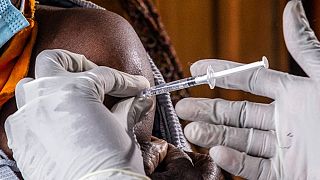
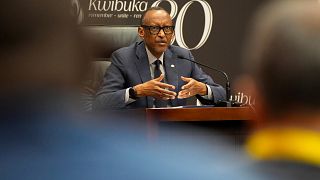

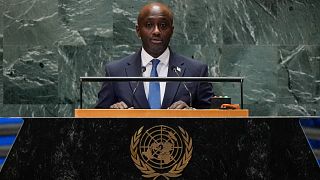
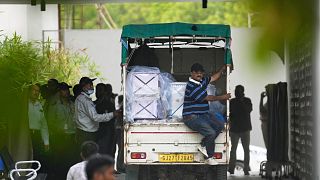
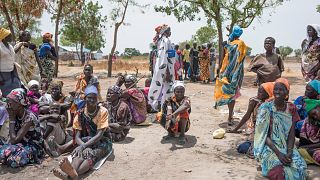
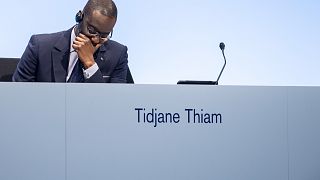
11:14
Rwanda Walks Away: what’s behind the Central Africa rift? [Business Africa]
Go to video
Man City closing in on swoop for Wolves’ Rayan Aït-Nouri
Go to video
WHO approves landmark pandemic agreement to improve response in event of future pandemic
00:30
Measles Outbreak in Morocco
Go to video
Amnesty International criticizes Rwanda's deportation deal with the U.S.
Go to video
Nigeria completes $3.4 Billion IMF COVID-19 loan repayment, faces ongoing annual charges